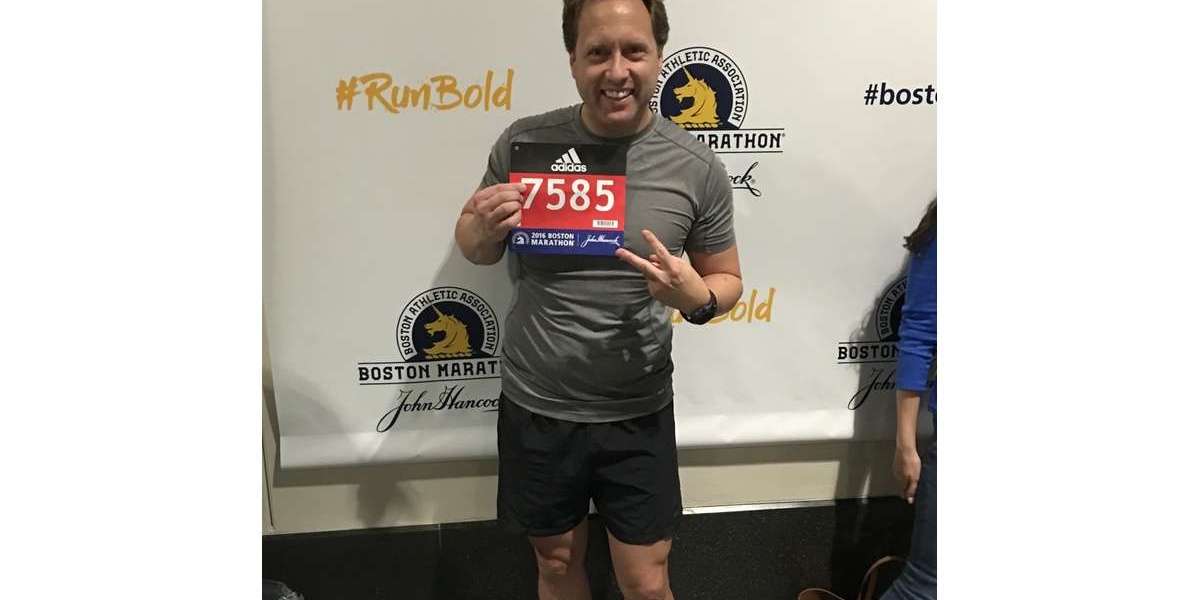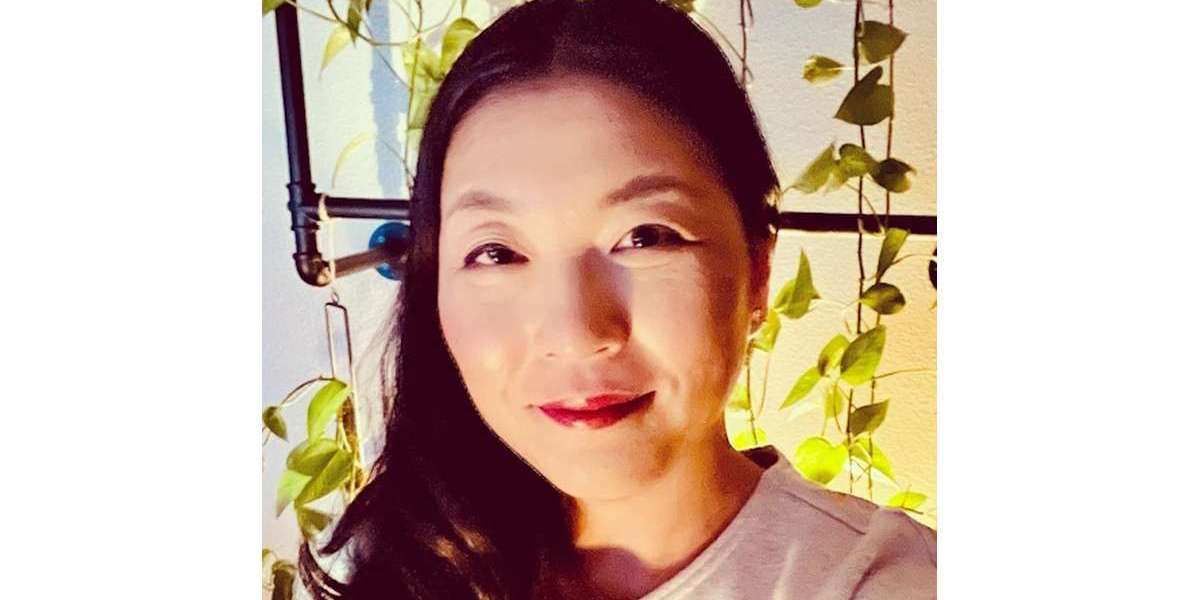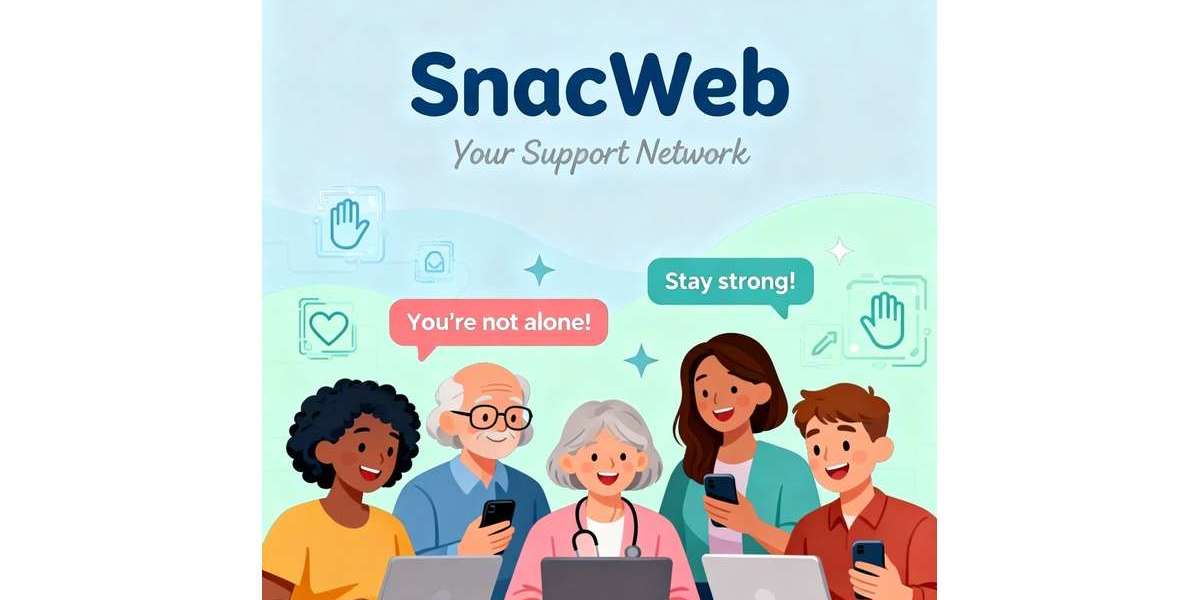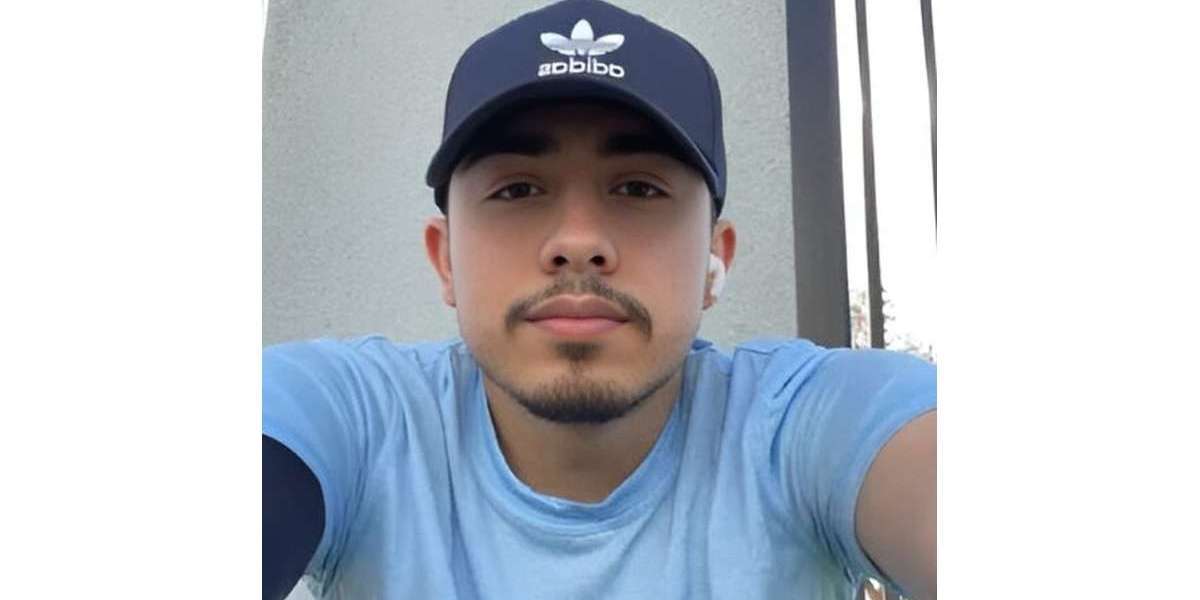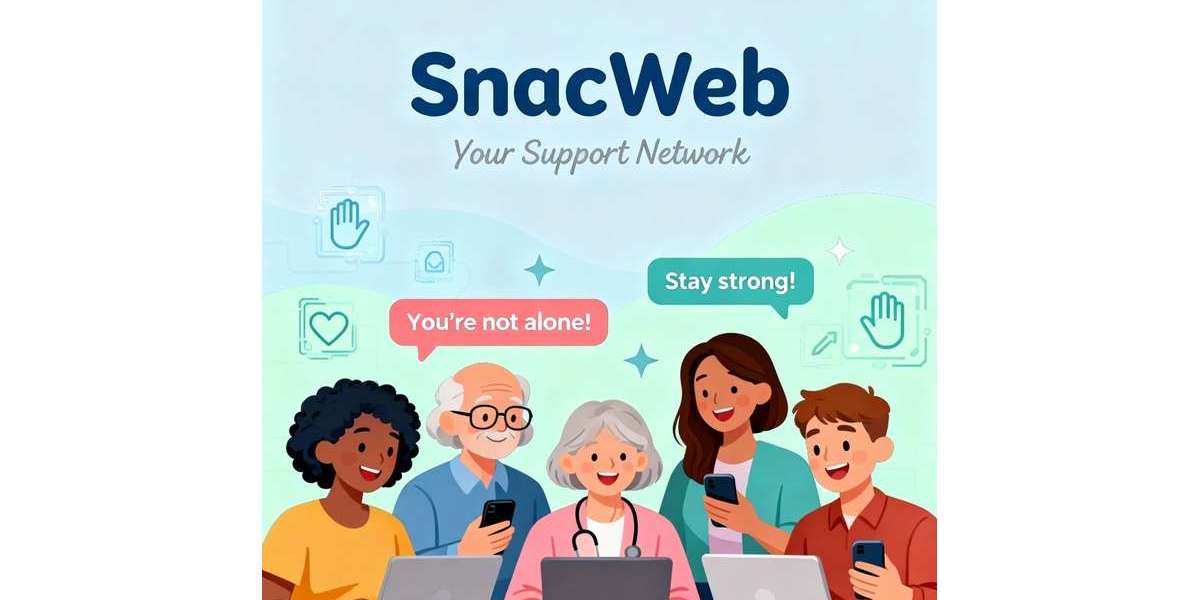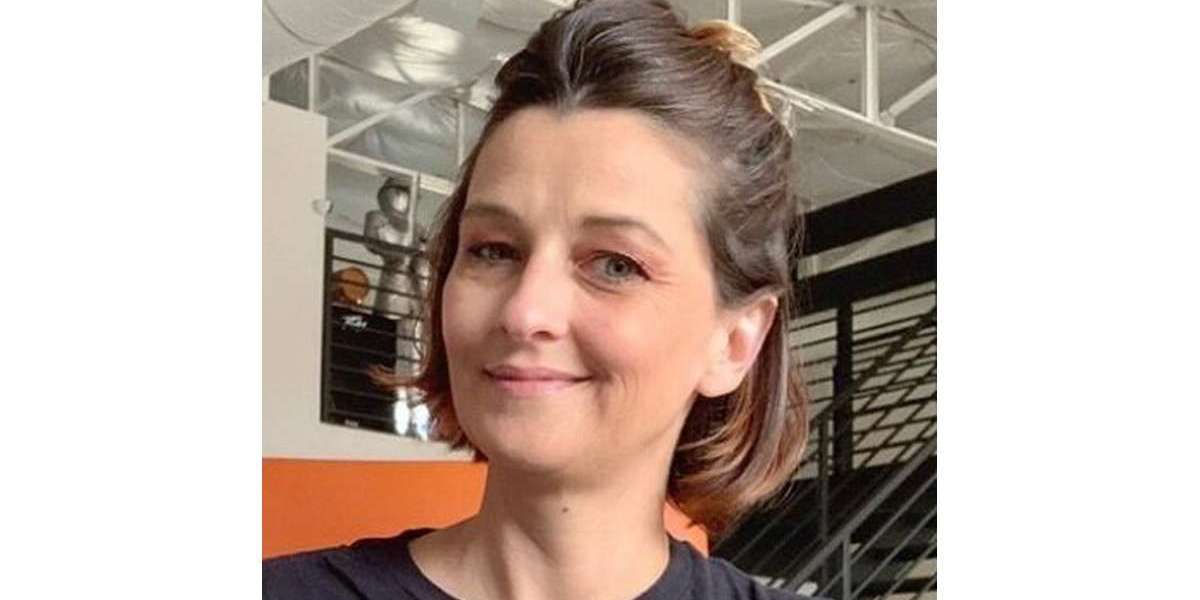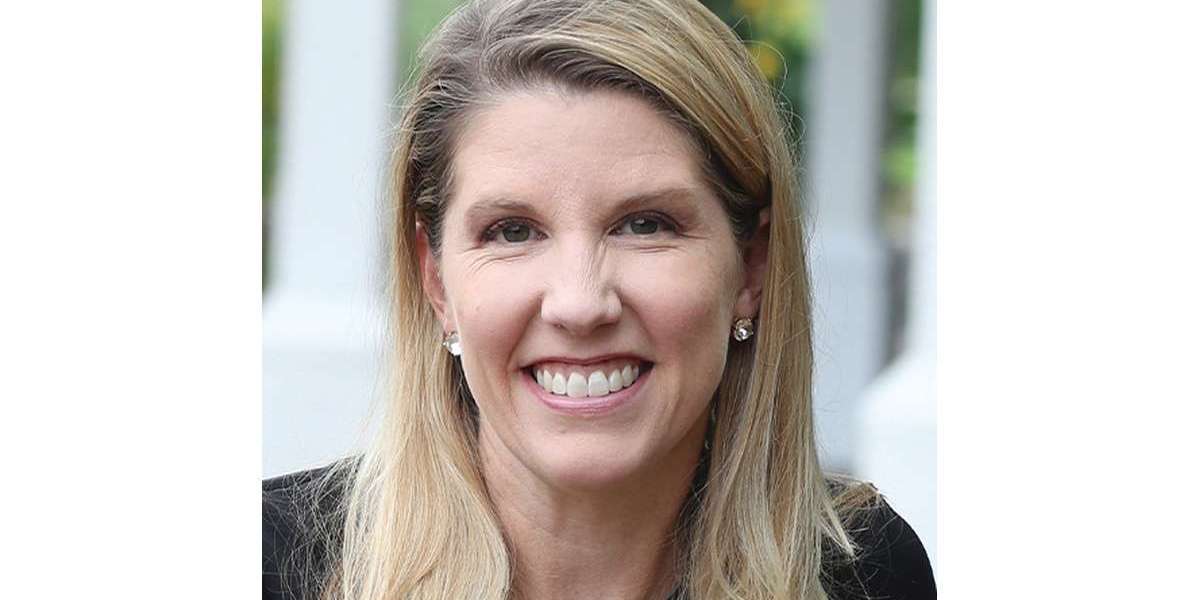Rich’s Stage 3B Melanoma Story
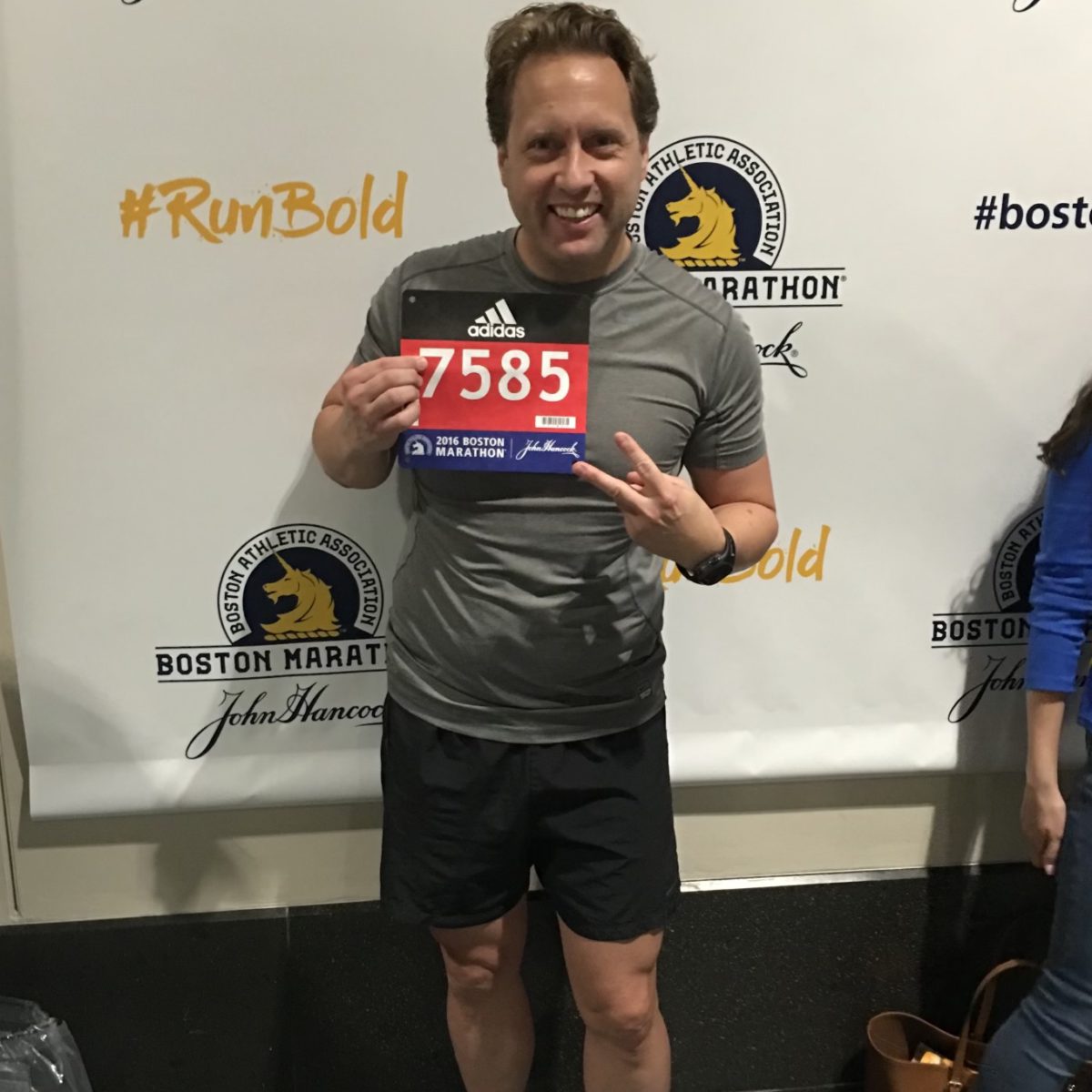
Rich’s Stage 3B Melanoma Story
Rich B. shares his melanoma story of his first symptoms, how he got diagnosed, the importance of self advocacy, deciding whether to join a clinical trial, and his actual treatment of immunotherapy and side effects.
Explore below to learn more about each topic. Thank you for sharing your story, Rich!
- Name: Rich B.
- Diagnosis (DX): Melanoma
- Stage: 3B
- Age at DX: 34 years old
- Symptom:
- Suspicious, dark spots
- Tests for DX:
- X-ray finds tumor in sacrum measuring 9×6 centimeters
- MRI results show what looks like a giant cell tumor
- PET scan reveals 1-cm lytic lesion, prompting start of treatment
- Treatment:
- Immunotherapy: Nivolumab (Opdivo)
- Pre-Diagnosis
- Diagnosis
- Tests and Scans
- Treatment Decisions
- Surgery
- Melanoma Staging
- Transition from the Surgeon to the Oncologist
- The Importance of Self-Advocacy
- Treatment Decisions
- Could Identifying the Cause of Melanoma Impact Treatment in the Future?
- How did the specialist bring up the possibility of a Clinical Trial?
- How Did the Specialist Lay Out Your Treatment Options?
- Was it a PET scan that you underwent or a CT scan?
- How did you rationalize having to wait for your scans?
- How did the scans go?
- Making the Decision to Join a Clinical Trial
- Clinical Trial Onboarding Process
- What was onboarding onto a clinical trial like?
- What were your thoughts when receiving the clinical trial information packet?
- Any guidance for those considering joining a clinical trial?
- Did you have to consider anything with payment?
- Is it unnerving to agree to pay for uncovered costs not really knowing what is or isn’t covered?
- The Randomization Process
- Treatment Timeline
- Treatment & Side-Effects
- Key Takeaways
This interview has been edited for clarity. This is not medical advice. Please consult with your healthcare provider for treatment decisions.
First Symptoms
Rich describes how he noticed suspicious dark spots on his skin as his first symptoms of melanoma and how he got his diagnosis.
Pre-Diagnosis
Who is Rich outside of cancer?
I’m the fourth of four children. I grew up in a little town called Grand Island in New York, which sits in between Buffalo and Niagara Falls, so I grew up with a lot of snowy winters. I started life out in service as a US naval officer. After I graduated college, I’ve done a lot of different things professionally, but on a personal side of things, I entitle myself as a runner.
My dad was the high school cross-country coach and I started running when I was three years old. I’ve more or less been running throughout my life. And in the last 10 years I’ve been starting to get into marathons and stuff like that. That’s one of those things that keeps me centered. So that’s me on the personal side. Professionally, I’m a designer in Silicon Valley, I’ve been doing that for the last 12 years.
Running is an outdoor sport and my cancer is melanoma, so there’s a correlation between running and where I am in my cancer journey. I grew up in the 70s and 80s and we didn’t have a lot of sun protection back then. I don’t know if any of my current situation is related to that, but I’ve spent a lot of my adult life outside doing long runs and tried my best with sun protection, but nobody’s perfect.
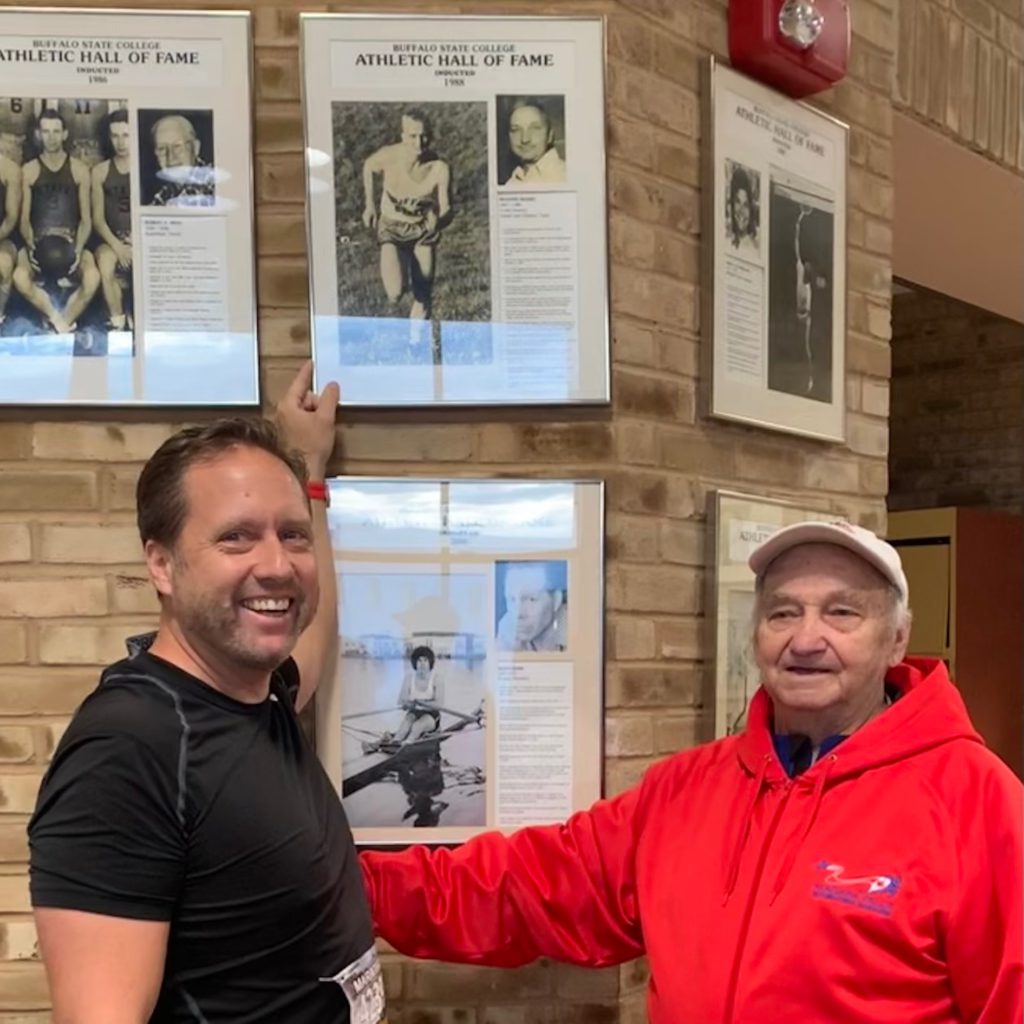
It seemed like within a matter of a few weeks, this thing just really grew and was dark and misshapen on my left calf.
Rich B.
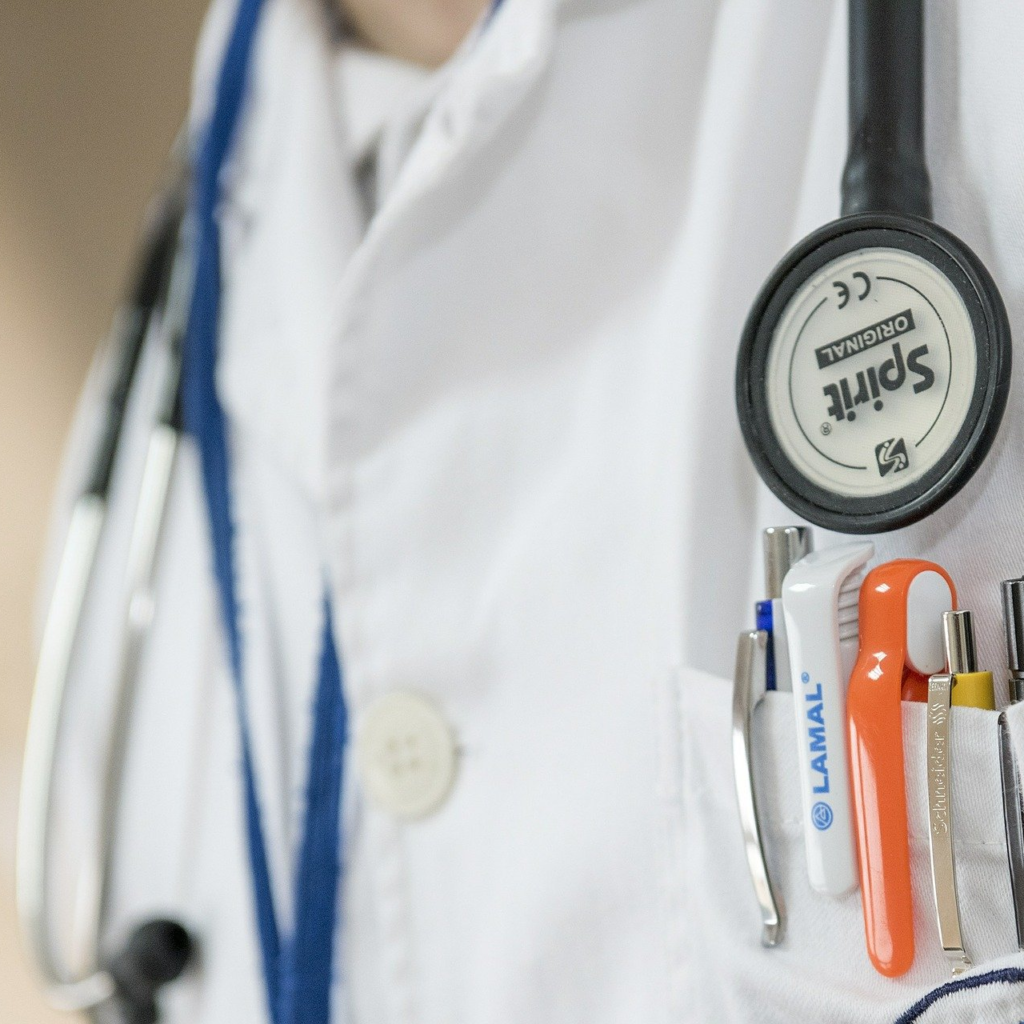
Diagnosis
What were the first symptoms?
I had a dark spot on my upper chest that was there for a long time, and I never did anything about it but it had been there for a couple of years. But then in 2021, around July, I noticed a similar kind of dark spot that just appeared out of nowhere. It seemed like within a matter of a few weeks, this thing just really grew and was dark and misshapen on my left calf. I was paying attention to that part of my leg every day, and within four to six weeks, this thing was protruding out of the skin.
I thought, that really doesn’t look right, I should probably go get these two things checked out. I figured time was of the essence because I was concerned at how quickly this thing had shown up and was growing. I didn’t know a ton about cancer or melanoma, I just knew something was not right.
Tests and Scans
What was the wait for test results like?
The dermatologist set the expectation that these things take about five business days. I was expecting to hear about a week later, not knowing exactly when I would hear back and in what form I would hear back. I probably should have asked at the time, but I didn’t.
Honestly, looking back, I wish I would have asked more. But I had that kind of preconception that it was likely to come back not so bad. And even if it did, I didn’t really know what the path would be. I was definitely ignorant going in, compared to what I know now. I probably would have probed a little bit more as to what to expect and what the decision tree would look like, if things are positive or negative and that kind of thing.
What was it like to get the results?
I’ll never forget this, because in my profession, I’m a design leader and I was having a scheduled offsite with my team. There’s no good time to get a call like this, but it was in the middle of a working session. I knew it was a doctor’s call because I recognized the phone number, but I couldn’t pick up at the time. I called back and then the doctor was busy and there was a little bit of phone tag, but ended up getting my dermatologist on the phone later that afternoon.
I knew I wanted to be by myself and just be prepared for whatever it was that she was going to share. She told me she got the biopsy results back and it tested positive for melanoma. I actually have a pit in my stomach reliving that moment. I was writing on a piece of paper, jotting down everything and trying to ask questions in the moment. But I honestly wasn’t necessarily prepared for that conversation. I didn’t have a script or anything.
Reliving it, there’s just the seriousness and the weight of somebody telling you you have cancer. That’s something you never forget but also probably never stop feeling when you relive that moment.
What did the dermatologist tell you about the biopsy?
The dermatologist said there were certain parts of the biopsy that were concerning in terms of the depth of the melanoma, meaning how deep it’s gone in the skin. They could see the cellular growth in the biopsy. And there were a couple of things that were really good about it. It wasn’t ulcerated, meaning it wasn’t exposed, which would have been a bad factor. So it was some good news, some bad news about it.
She said, this is concerning enough that I’m recommending that you go talk to a surgeon to go to the next stage, which is going to involve some surgery around that site as well as another test of your lymph system.
Did you feel prepared for the call about the results?
I appreciated the fact that they don’t just put the results on their online platform and let you read them by yourself with no professional there to help provide the context behind it. If it’s a phone call, if it’s in the office, you have a human being there that’s a professional to help address your immediate rational concerns. I don’t know if physicians are there to be emotional counselors. I don’t know if I necessarily expect that.
But I would say there’s probably a missing step in between the taking of the biopsy and the actual result delivery, which is what are the possibilities that can come back for you, that would be nice to have before entering a conversation like that. It would have been nice to know what are the three or four things that could happen in this conversation so I know the spectrum of good news and bad news that I could potentially get in this call.
How did you react to getting the results?
I jotted down what she said and took a pause. I didn’t really have time to deal with it in the moment because I needed to be social with my team. And so I had 24 hours to just put it aside for a second before I could deal with it.
Everybody there would have been totally understanding if I had said, I’ve got to go, I’ve got some news I have to deal with, but that’s not who I am. I think it’s just one of those things where I try to put everybody around me before me. I don’t know if it was the right thing, but that’s just what I did in the moment.
Who did you tell after you got the news?
Fast forward 24 hours later, I was done with the offsite and had probably an hour and a half drive back home. I started making some phone calls and my first phone call was to my sister, who happens to be a doctor. She was my primary source of helping me unpack what this means. And even then I was unprepared because my sister was asking me a lot of questions that I just didn’t know the answers to. I didn’t have a document in front of me, I was in the car.
I was looking for more of an immediate conversation, just to get a sense of how serious does she think this is before getting into the nuts and bolts of it all. But she said she needed to see that biopsy report and just really dig in so she could help me a little bit further. And so it was somewhat settling and somewhat unsettling. During that drive back I started to really understand what surgery was going to be, what that was all about and what could potentially happen afterwards.
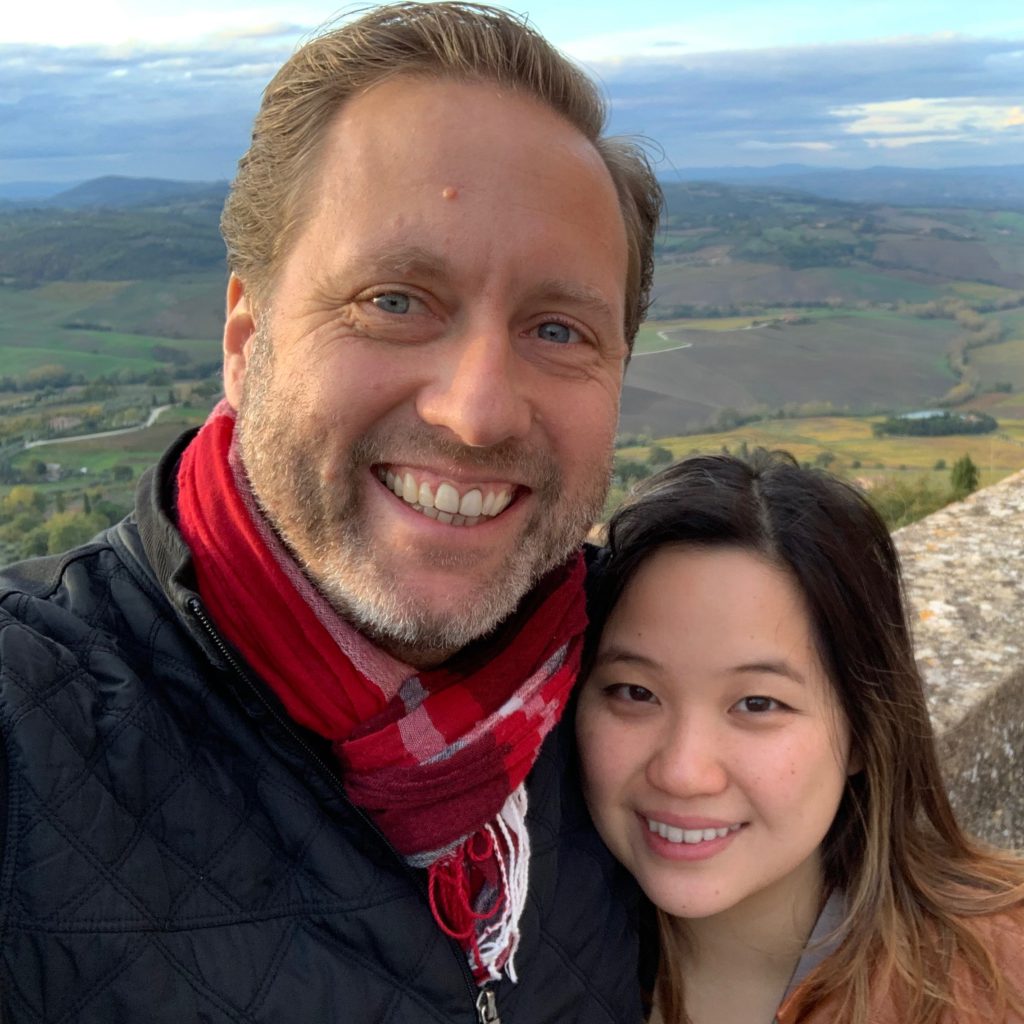
Treatment Decisions
How did you find your surgeon?
It was a referral within a system that assigned me to someone in close proximity to where I live. And probably a factor was that the dermatologist said because of the rate of growth, time is of the essence and we need to take care of Rich sooner than later.
What was the appointment with the surgeon like?
He walked me through what the surgery was all about. There were two parts to it. First was the shave biopsy. He was going to take a larger portion of the area around that site out to make sure that all the cancer was removed from that area. He set the expectation that it was going to be pretty big and told me what that was going to be like afterwards and the healing process and all that.
Part two was what they call a central sentinel node biopsy, which is basically the lymph node cluster that’s closest to the melanoma site. What they do is test that area, and they’re going to be a little bit smart about it. They use some radioactive material that they inject in the original melanoma site the day before, and then on the surgery day they also apply a dye into that area so they have a visual and radioactive identification of which particular lymph node would be the most likely place where cancer would have traveled to and metastasized.
He explained all of that and what to expect. I asked, is this general anesthesia? I thought it was, but that was maybe something that would have been a headline that I just reaffirmed.
And then he told me that the other part of recovery was talking to a plastic surgeon afterwards about how they were going to repair my wound site, because on the leg it’s different skin and therefore they can’t hold it together like they needed to do a skin graft. So the plastic surgeon needed to explain what my options were in terms of skin graft as part of recovery.
Did you consider getting a second opinion?
This is where I’m lucky to have my sister because she was doing a lot of research on her side. She told me that if there’s cancer on the skin, if it has these types of indicators, a wide excision surgery is definitely recommended. The lymph node biopsy is standard procedure, everything the surgeon said is all pretty standard action. I was able to get her opinion and using her network, I probably had five opinions coming into this, so I was pretty confident. Plus, she could look up the surgeon and see if he was a good surgeon or not. So I was pretty lucky from that perspective.
Did you know what stage your cancer was before the surgery?
It was loosely explained to me that your lymph node biopsy will determine if you’re more advanced. If it does, if your lymph node comes back, you’re some form of stage three, potentially stage four, because stage three means it’s traveled outside of the local site to somewhere else. Stage four would be if it’s traveled beyond the lymph nodes to other organs. And this is where I realized that melanoma was much more serious than I first thought when I started down this journey and how really serious this cancer is.
Did you look up anything about melanoma online?
This brings up the second pit in my stomach as I’m reliving this journey. This is where Google is maybe not so good because you start Googling survival rates.
– Rich B.
I did not realize that if I’m at stage 1, it’s a 99% survival rate, you’re all good. But then if you’re stage 3, it’s about a 65% survival rate. That biopsy was really important now that I might have a third less chance of being alive in five years.
And then, heaven forbid, if it’s stage 3 and I have to go get scans for stage 4 and if it’s stage 4, it’s a 1% survival rate. At least that’s what I was reading online. The curve is just ridiculous.
That puts you in a panic mode. I thought, wow, two months ago, this was not even a thing, and now I’m in this world of I don’t know, my future is so uncertain at this moment. You’re in this place where you can’t know until you get some more procedures and tests and you have to follow this path and be patient, even though it’s really hard to be patient.
Do you have any guidance for people seeing those kinds of numbers?
My advice is, the numbers online are much lower than what is probably going to be true for your particular situation. There are other factors, like what access you have to health care. The treatments in place are totally changing the game in terms of survivability and your ability to overcome this diagnosis. So it’s hard to rationally program your brain to interpret numbers, but my one piece of advice is to be a little bit more optimistic than what you’re reading online.
Staging
Rich describes how it felt to go through surgery and his reaction to learning about his melanoma staging.
Surgery
What did you have to do to prepare for the surgery?
This was my first surgery ever in my life. I was freaking out about the actual surgery itself. I think it’s probably pretty natural for human beings to be afraid of being put under. You just get all these notions about will I wake up, all these things. Even though it was a relatively straightforward surgery as surgeries go, you still have that in the back of your head.
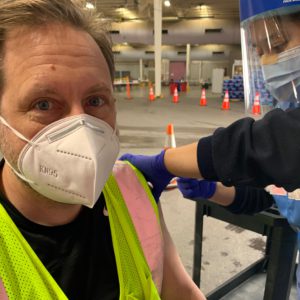
One thing I had to deal with was having cancer during a pandemic. There are extra procedures to even be in the hospital and all these things, and I had to be extra cautious beforehand to make sure I wasn’t doing anything risky whatsoever to get COVID prior to my surgery because time was of the essence, every day mattered. I was already really cautious, but I wasn’t going out anywhere the couple of weeks prior to surgery.
Then there were just the normal procedures to get ready for surgery. I had a COVID test a few days prior and then they give you a special soap to disinfect your body that you use during the two showers before you go into surgery. Then there’s the fasting the day of surgery, for about 12 hours or so. I was fortunate enough that my surgery was in the morning, so I had an early check in and that’s always easier than fasting for 12 hours when you have a surgery later in the evening.
What was the surgery like?
I was pretty anxious about it, to be honest. The people that do surgeries have had a great bedside manner and were keeping me at ease.
The worst part of the day was getting the IV set up for the anesthesiologist to do the anesthesia. The rest of it was a cakewalk in terms of any pain. There was no pain or anything along those lines.
– Rich B.
The actual surgery lasted around two and a half to three hours. You’re on the table and you’re talking and then you wake up and that’s pretty much what it was. The anesthesiologist was asking me about this and that. I remember waking up and my girlfriend was there, just walking into surgery, it was really great.
Waking up I was a little, not groggy, but I was just a laid back version of Rich is how my girlfriend described it. I’m always polite, but she said I had a very, very warm, polite tone asking for a sandwich. I was really hungry. Then I was there for about an hour under observation, my girlfriend was there hanging out with me. And then I didn’t have any complications, so then they were ready to move me.
How did you feel right after surgery?
There really wasn’t much in terms of any side effects from the anesthesia. For the next 24 hours after the surgery they prescribed me painkillers, but I’m afraid of painkillers, so I was actually able to successfully avoid all painkillers after surgery. Even though there’s a good portion of my leg that was taken out and I had a skin graft and a surgery site to access my lymph nodes, I was pain free post surgery. For the next week I was quite immobile because I had one leg that was in a boot.
What was the recovery like?
One part that was a little inconvenient was I had a skin graft close to my hip. I think it’s a little unique to this particular scenario where they take the top portion of your skin and it’s exposed. It’s a perfectly square open wound. They have to wrap it in plastic. It’s almost like Saran Wrap and it has to sit there for like a few days before they can take it off so it can disinfect itself and heal without anything that will infect the area. You can shower with it since it’s sealed up, so that’s not a problem.
My original melanoma site was a pretty sizable deep surgery site that they had to basically stuff with antibiotics. It almost looked like a garlic clove that they just put in there and they needed to leave it there for a number of days. I couldn’t shower with that. So I had to half shower my body with that leg out of the shower just so I could at least clean my upper body once or twice before I went back in four days later to get the bandages taken off.
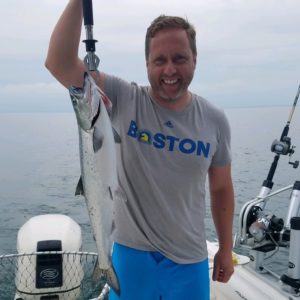
How have the surgery sites healed?
It is still pain free where they took the skin graft. If you’ve ever had a road rash, that’s what it feels like. It would scab over like that. The self heal didn’t look great for a few weeks, but it was healed enough where the body wouldn’t get an infection. My surgery site is still healing months later. I’ll always have that scar. But it was a couple of weeks before I could take off all the bandages and expose that area to the air.
When did you get the answers from the lymph node biopsy?
This was probably the most tumultuous part of my journey, because I had researched and been talking with my sister for counsel, knowing the importance of this biopsy report. If it was negative, my cancer journey was done, I would have been at stage 1, which has that 99% survival rate. Then there’s no treatment required, it was just localized. All would be well, I’m done and would just need to recover from my wounds.
If it was positive, then that puts me in at minimum stage 3, which going back to those survivability numbers is a big freakout. You’re building up to this very important moment in your life that could go in very opposite directions. There’s a lot of anxiety I felt during that time.
– Rich B.
The surgeon did say that the labs were backed up. I don’t know if it was COVID related, I don’t know if it was lack of staff or just a lot of other tests that were backlogged. It was going to take a little longer than normal. They couldn’t give me an exact time of when this was going to get back, which made me more anxious, of course.
It was probably a week and a half later when I was called back into the surgeon’s office, and that was the moment where he had a piece of paper. I could just tell it wasn’t good news. Even though everybody was wearing masks, I could read their body language, and I could tell he would have a skip in his step if this was a different report. That was the moment where he told me I had a small tumor on the lymph node and that was going to set me on my next path in the journey.
Eventually that would result in a stage 3B diagnosis. But at that moment, I only knew it was at least stage 3. I didn’t know if I was in a stage 4 situation because if it had traveled to lymph nodes, it could potentially have traveled to almost anywhere else in the body. I know the brain is an obvious spot for melanoma to travel to, but any number of organs plus the skin plus other lymph nodes, it can go anywhere once it’s metastasized.
Melanoma Staging
How did you feel after receiving the test results?
I had with the surgeon who delivered this biopsy piece of paper that said my lymph node tested positive and I had a tumor. That moment is like, I have a tumor, right? Melanoma was like, it’s on the skin. I think this is also, at least from a language perspective, ups the ante even more.
I feel like my blood pressure even going up now, hearing tumor, because it wasn’t tumor yet, in my mind anyways. It was a thing on my skin. And I think this is maybe something specific for melanoma, where it’s on the surface, it’s visible, it’s slightly different than maybe most cancers that are internal. And I think this is a threshold. It’s like, wow, this is now an internal tumor versus something I could see on my skin. I can’t see this thing, which made it even that much more scary.
And so I was kind of left as a quick conversation. I don’t know if surgeons are the best humans necessarily to deliver that message. It’s nothing against surgeons. I don’t know. They’re not cancer experts. Anyways, I was just kind of left like in a cold room with another setback in my life.
And I just kind of wanted to cry. I had hopes that my cancer journey would be done at this point, but it was tough.
– Rich B.
Did you have to see a new specialist?
The surgeon left me was like, okay, we’re going to refer you to oncology. Never had to deal with oncology before. So it’s another first, and that’s another threshold you never imagine yourself personally having to go down that path. Cancer is around all of us. But I don’t know. I guess I never… We all probably do deal with it the same way. It just becomes so real when it’s you, even though you’ve had family members that have battled. There’s something different about that news directed at you. And so, I don’t know. I was freaking out, but I was like, okay, here’s the next thing.
How fast can I get an appointment? Because days matter for me, right? This thing could have traveled within a matter of weeks. If it’s in my lymph nodes, the sooner I can get a scan, the sooner I can understand if I have bigger problems or not.

Treatment Decisions & Self-advocacy
Rich shares how he processed the emotions of the diagnosis, having to advocate for himself to get treatment options and information more quickly, the shared document with important information and questions he and his caregivers shared (called “Rich’s Fight”), and the importance of speaking up for yourself for better care.
Transition from the Surgeon to the Oncologist
How did it feel being referred to an oncologist?
Yeah, I just remember sitting in that room. It felt cold. It just felt really cold.
Like here’s a third of a death sentence. At least that’s how I felt. This is such an important piece of information, and it seemed so transactional.
– Rich B.
And again, I’m not faulting the surgeon. It’s not his fault necessarily. I think it’s more the system of how to think about somebody’s emotional journey through this process, but kind of seeing a seam in the system in regards to okay, now, you’re on to the next phase and I did my part for you. Again, no fault to the surgeon, but it’s like now I’m kind of in a chasm.
I don’t know who’s this next person I’m going to talk to. I need to wait for them to call me in the next two days. And it’s so ambiguous, the timeline, the who, the what, how…how it’s all going to unfold. I felt a little aimless and lonely, I guess would it be, at the end of the day. I remember sitting in that room.
What were the steps for finding an expert?
So it was just feeling a little unknown because it’s a don’t call us, we’ll call you situation. In a couple of days, oncology will reach out and to schedule an appointment with an oncologist that we need to kind of talk through what the next steps are for you.
So again, that was just part of the system, but it’s also you don’t have any control. You’re just waiting, waiting for the system to get back to you. And again, I can’t express this adamantly enough, at least for me in my situation.
I knew I was still catching this what I thought was like super early and that literally days matter, and it felt like a ticking time bomb was potentially still going off inside my body.
– Rich B.
I didn’t have any control over how fast I could get more action to determine if that bomb still exists or not. And if it does, how can we get to solving this problem as quickly as possible? Because we all know early detection, early treatment is the biggest success factor no matter what type of cancer you have.
Did they follow-up within two days?
Yes, they were on it. I think it was less. Honestly, they were all over it. And I had an appointment with oncologist within days.
